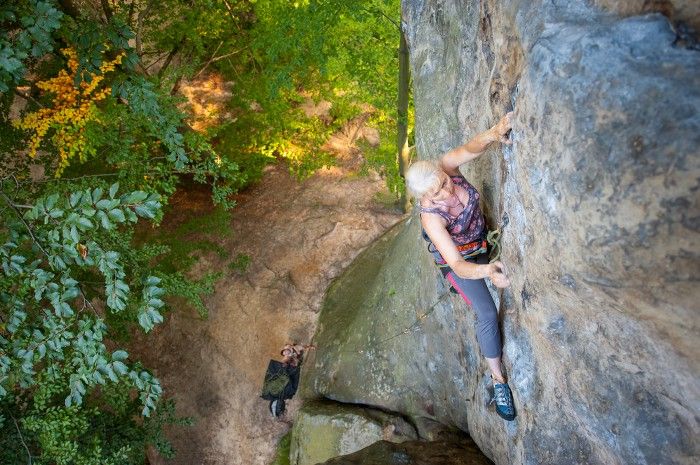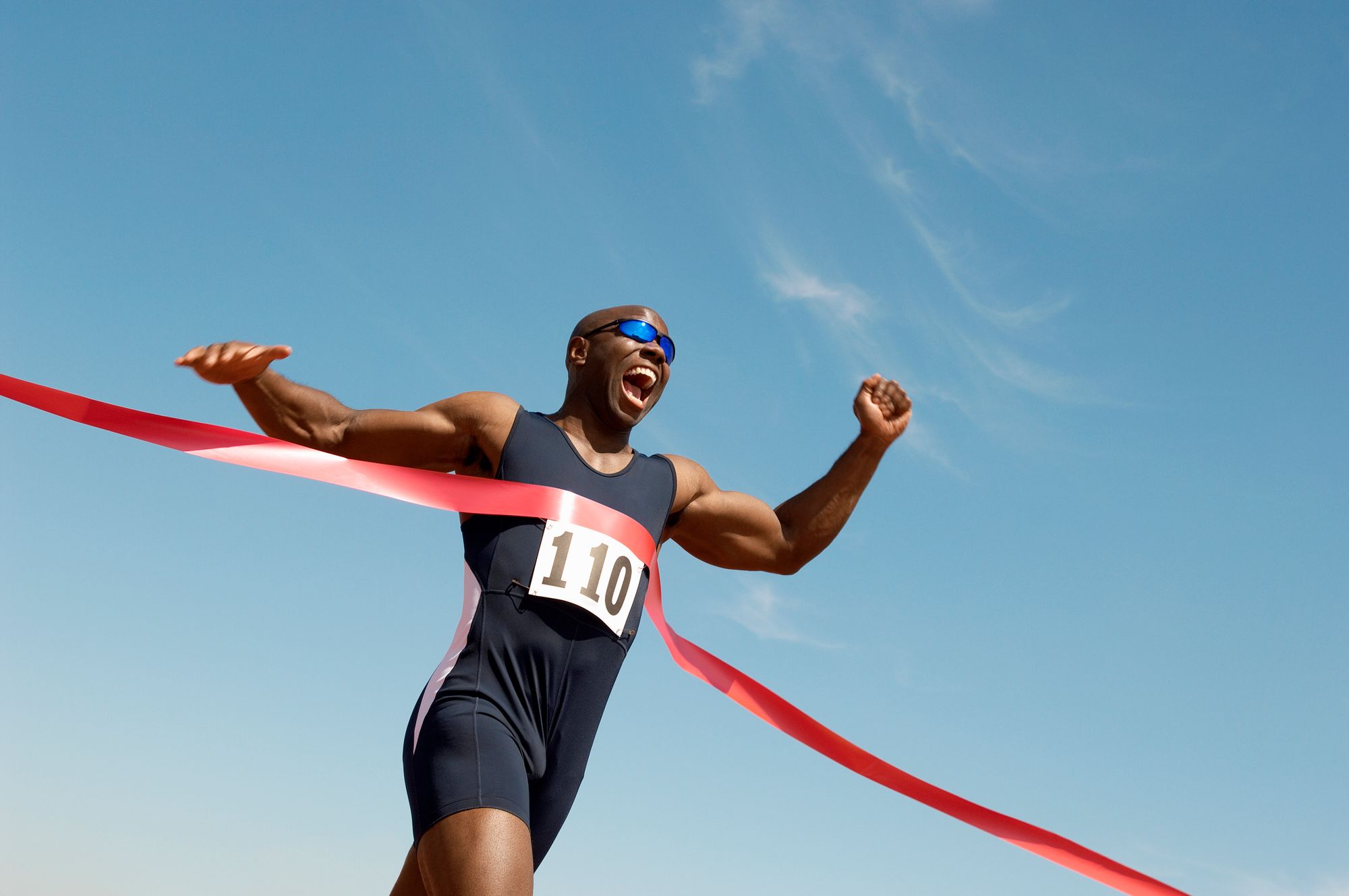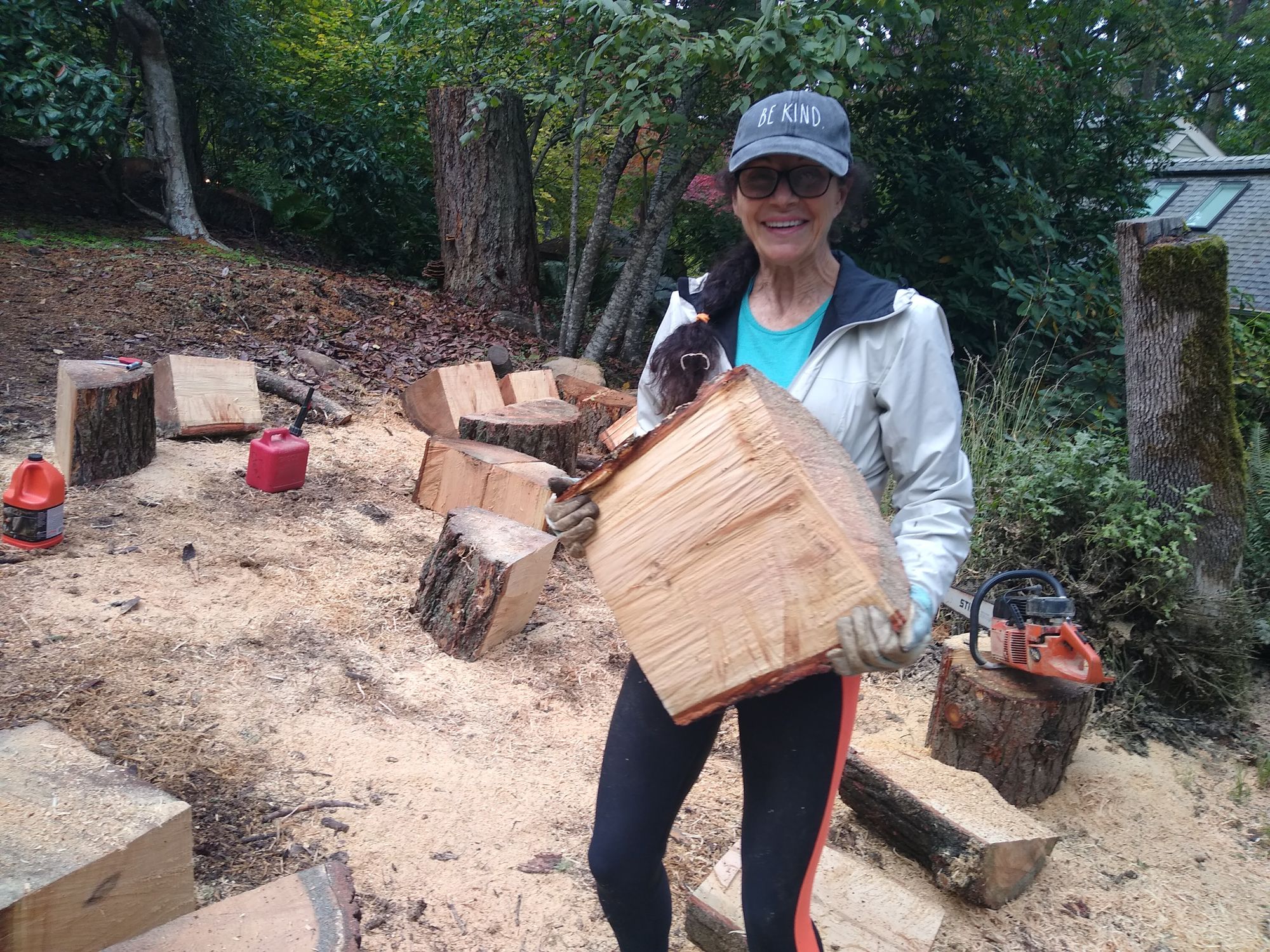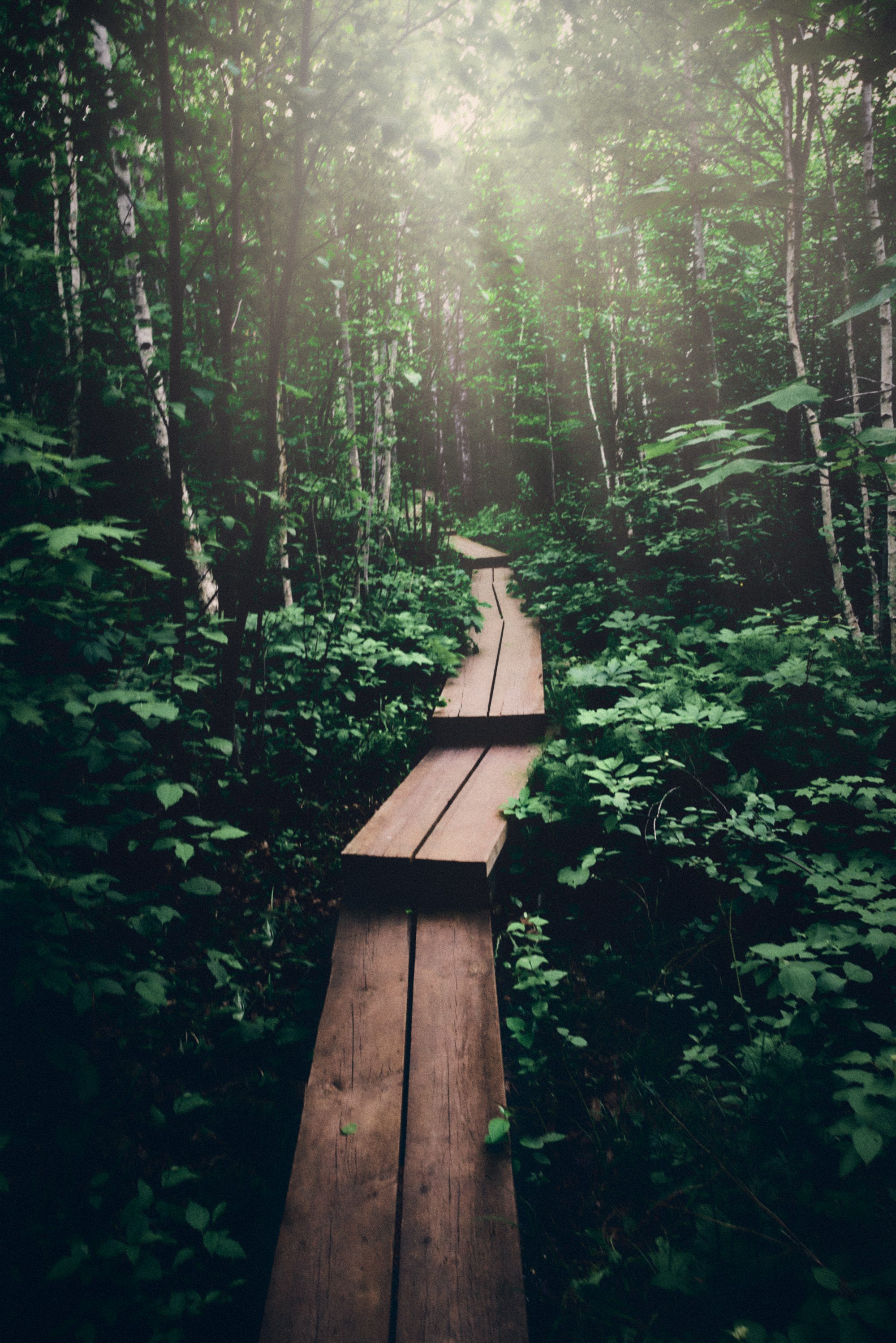
Everyone on the Internet is an expert, it seems. Um. No, we're not. Here's a way to wade through the noise.
How much exercise is too much? For those of us later in life, precisely how much should we push, if at all?
I got a terrific question from Medium commenter Polly O'Neill this morning which inspired this article. I'm NOT an expert on any damned thing, but I have enough workout chops and common sense to tackle this one. Here's the challenge:
Myst admit I'm a bit confused now. Whilst I recognise we need to keep ourselves as fit and healthy as possible as we hurtle towards old age, I read an article on here just last night which categorically stated hard exercise is harmful. I try to walk regularly. No hiking though: I have a slightly dodgy hip, but certainly in a get-the-heart-racing kind of way. I don't know if I could commit to the weight lifting regime, and now I can't help wondering if indeed it is helpful after all 🤔
If I may.
First, there is money to be made scaring the holy crap out of people by throwing all kinds of ridiculous nonsense at them at either end of a bell curve. There is little money to be made speaking to the softer, quieter, more thoughtful center. That is proven to me daily by my stats, for if I would only slip into screaming about injustice or trying my best to frighten the pants off people I'd likely be rich and famous. Thanks, no. But this is why there are so many folks out there making hay out of hate and injustice but also pouring idiocy into the mix.
As it relates to exercise, let's talk. First of all, the two most hated words in the English language for those of us searching for answers about self-care:
IT DEPENDS.
Right? Don't you just hate that?
However. That said, let's get to it.
How much exercise, what kind and all those other answers are as unique as a fingerprint. Nobody can possibly know this but you. And the only way to truly find out is to start exercising.
I found a simply wonderful book by two middle-aged British women: The Age Well Project: Easy Ways to a Longer, Healthier, Happier Life. These two fifty-something mums, Annabel Streets and Susan Saunders, took on a massive research project which began with their realization that they bloody well needed to take their health in hand. That's a pretty good motivation. Both are skilled writers and researchers. The result is that lovely, speak-to-the-middle, let's have a sane, sober cuppa tea and talk about what works kind of conversation about what's out there.
They dig behind the hubris and headlines and answer the kinds of questions Polly and many others ask. They dig into everything from pesticides to putting on the Lycra and heading for the gym. Their journey of discovery, while taking on their own lack of knowledge and assumptions, is a charming process. We join them along the way, get our questions answered, and find out that there are many, many options. The point is to make a few choices here and there, try them out and find out what works.
That's why this whole notion of how to be in shape later in life depends. It depends on what you are willing to research, willing to try, willing to challenge, willing to discover. The smorgasbord of options is dizzying, and the pressure to TRY THIS TRY THAT is overwhelming.
These two women offer that rare, eye-of-the-storm calm by making sense of all the noise. That is an enormous gift.
This is a book that is worth a read for anyone who has decided, finally, to do something about their health, and wants that calm, sober approach that is so unique to the Brits. I love this book, and strongly recommend it.

Now, specifically to Polly's question.
First, any exercise is a good idea. However how much and how hard both go back to the IT DEPENDS.
Performance writer Brad Stolberg is one of my faves because he, too, speaks to the quiet middle. He writes regularly that for so many of us, a good brisk walk every day is just fine. I would also align with my Brit sisters and most other trainers and add that resistance training is key as well, but how much depends, again, on you.
Medium buddy Penny Nelson, recently 73, did this right. She found and hired a personal trainer and began her journey with an assessment and professional help. That's how you do it. You start by knowing your baseline. Then you can begin gently.
As you choose to add difficulty, your body will have an ongoing conversation with you in no uncertain terms. This hurts, that's soreness, this is REAL PAIN STOP NOW. It's our job to listen, to adjust, and to make self-care all about caring, not some brutal force to MAKE us healthy.
Extreme endurance training is very rough on the body at all ages. Some folks weather this quite well. I hear from those folks too, men in their seventies and beyond who love endurance racing. This is not for most of us.
What can be for most of us, as with Polly's dodgy hip, is crisp walking as the hip allows. And light weights, in the five and under pound category to begin, to keep the bones strong.
Fancy terms like HIIT (High Intensity Interval Training) and all the other jargon are just that: jargon. It comes and goes, but the ladies mentioned above speak to it on page 176 of their book. They are big fans, but the way they explain it is like kids playing. Kids might be sitting around in a sand box, then suddenly explode into a few minutes of intense tag.
That's about it. A few minutes taken away from being velcroed to your computer to head up and down the stairs or walk around the block.
That's as technical as it gets. Play, in other words, now called HIIT. While that is admittedly over-simplification on my part, you get my drift. An explosion of happy movement after too much sitting. That is all this is. We do NOT need fancy jargon for that.
That's why I love their book. They take the hype and the histrionics and make them both kinder and calmer. You and I could use that kind of sensibility in a world where folks who claim competence they don't have shriek the loudest. Loud doesn't make them experts. Just loud.
Let's listen to sanity.
Sanity says to get a solid assessment of where your body is at this age. What CAN you do right here, right now, with the limitations you have. Then, what looks like fun to get you started? How do you tell the difference between a healthy muscle soreness and injury pain?
A good trainer or physical therapist can teach us. The body is incredibly eloquent, and we need to listen. We know when we eat food that hurts us, or when we have over-exerted. The body tells us when we HAVE to have a rest day or we are brimming with energy. The language of our body is clear and succinct. Most of us never bothered to learn to listen, or we override the body's conversation with idiocy and ego demands.
There is no reason on God's green earth that anyone at any age SHOULD leap into endurance training. What works is what works, which might mean regular walks, gentle yoga or any combination of activities which fit our age, our ability and are what we love to do enough to do them regularly.
When we remove the idiot "shoulds" and "have tos" from our vocabulary, the world, inhabited by Streets and Saunders, is a lot kinder and friendlier. They invite us to read along, try this or that like a plate full of tea biscuits. Find what works, discard the rest.

I happen to love hard training. That fits my personality and my life perfectly. That also ensures that when I do what I do in the world, I don't die. I survive. That is hardly a recipe for all of us.
The recipe for you is one that you get to create. This dash of activity, that spoonful of stretching, this soupçon of effort. You and I will change that recipe over time. Perhaps we get stronger, maybe we have an illness, perhaps we set a personal goal.
It doesn't matter. The point is, above all, to filter out all the noise, the fake experts, those claiming knowledge they may or may not have. Go to where the voices make sense to you. For me, those voices are people like Stolberg, Streets and Saunders.
Just start. Do something. The body will love you for that alone. The Age Well Project goes into great detail about all aspects of aging, which is why I love their book. It's a damned good read, a fine few days of reading British common sense and kindness.
As for the rest of the rabble, shut that crap down. Those folks don't live in your body, they don't live your life. Listen to those who invite you to find your own way, then hand you the road map, a compass, a backpack full of good information, flashlight and bottle of water.
They smile, pat you on the back, and trust you to find your own way.
Yes, you can. Like Penny Nelson, like me, like others, the way forward is ours alone. But there are very good guides out there.

Comments powered by Talkyard.